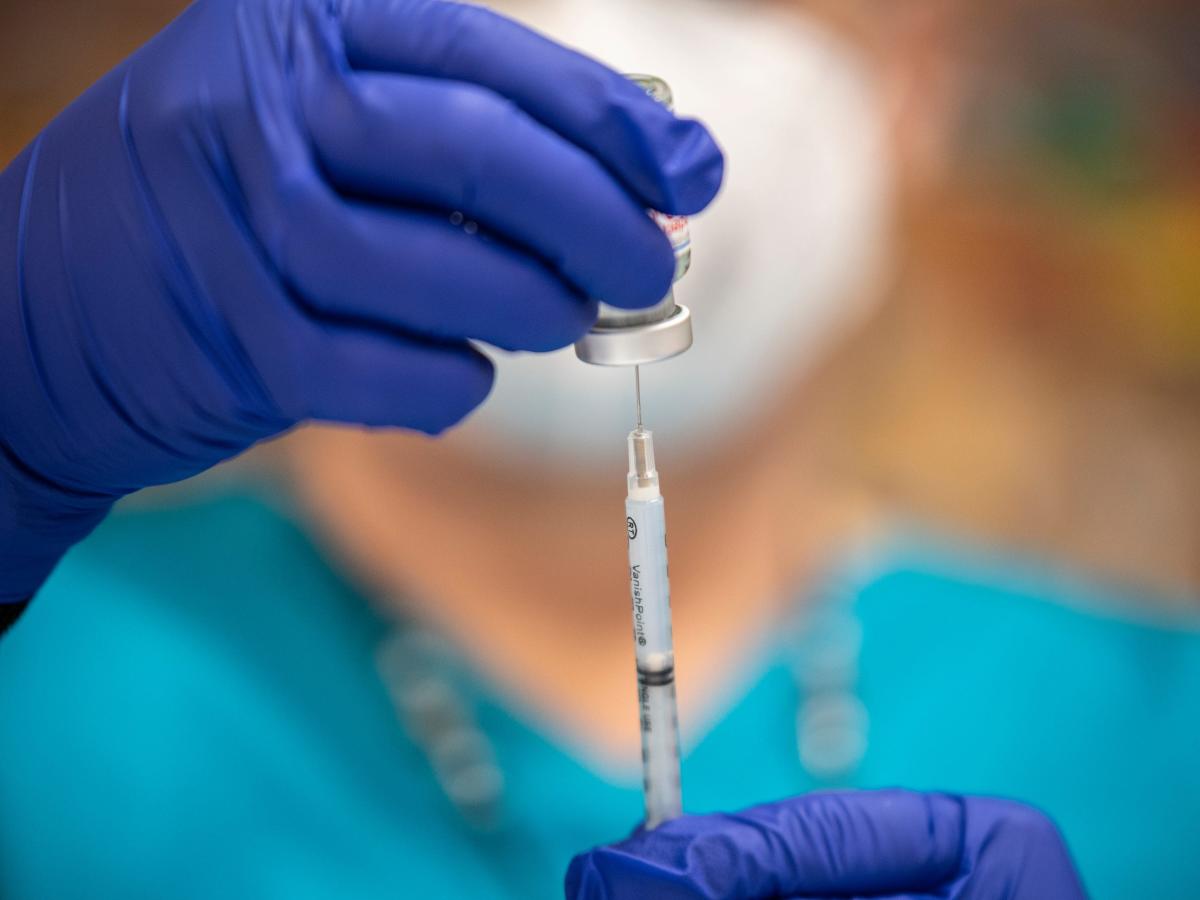Chip Chipperson
Well-Known Member
Based on my own purely anecdotal and completely informal survey, I would say more than half of people up here, when out and about in stores or other indoor locations, have returned to wearing masks voluntarily. There was a brief period after they relaxed restrictions whem very few people masked, but that ended by the end of August as news of the delta variant spread (if not the actual virus yet).
Technically, anyone not vaccinated is still required to wear a mask, but I notice that most people not wearing masks are young adults, who have the worst vaccination rate amongst those eligible. So, the honor system probably isn't particularly effective here either.
In my clinic, we had about a month where staff didn't need to wear masks when patients weren't in the immediate area, but we're back to universal masking except when eating or alone.
I've always found it infuriating that the people who scream the loudest about how "mitigations don't work" also tend to be the ones who proudly refused to follow those mitigation rules from the very beginning. Instead of the lightbulb turning on and letting them realize that their behavior is contributing to this mess, they just point at numbers without context to "prove" that masks are ineffective and then argue that masks not being 100% effective (nobody ever claimed they were) somehow is the same thing as "masks are 0% effective." I've known people like that and they're never actually interested in learning anything new about the subject. They just want an echo chamber of like-minded friends/family to tell them how right they are and ignore anything that disproves any false information they share. One in particular spent all of Florida's low point in cases touting how much smarter DeSantis (and himself by proxy for agreeing with him) was than those of us trying to limit our exposure to and potential transmission of the virus. Conveniently enough, once it became obvious that FL was in the midst of its biggest spike yet, he decided to announce that he was done posting political messages on his social media.


